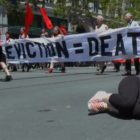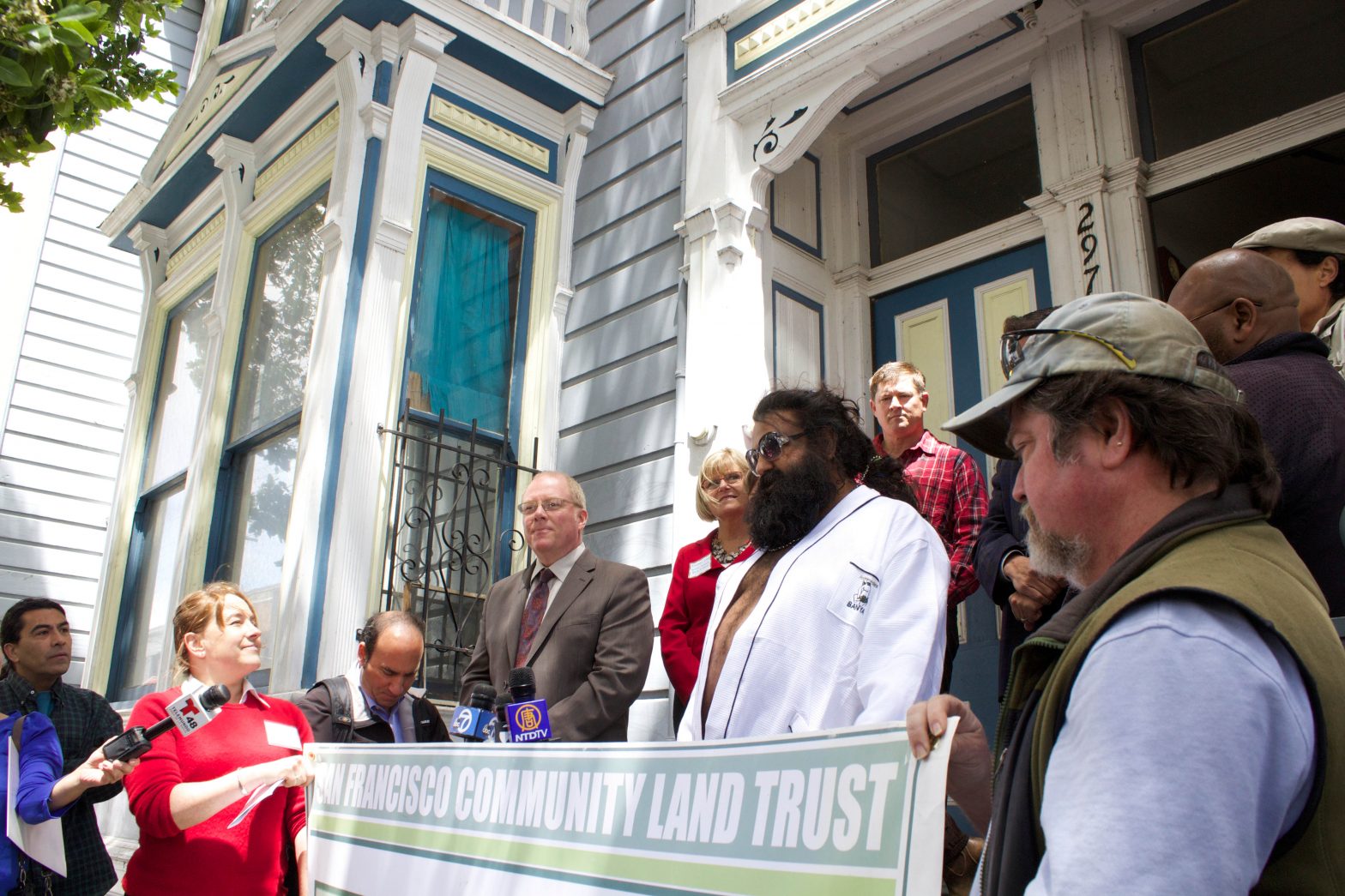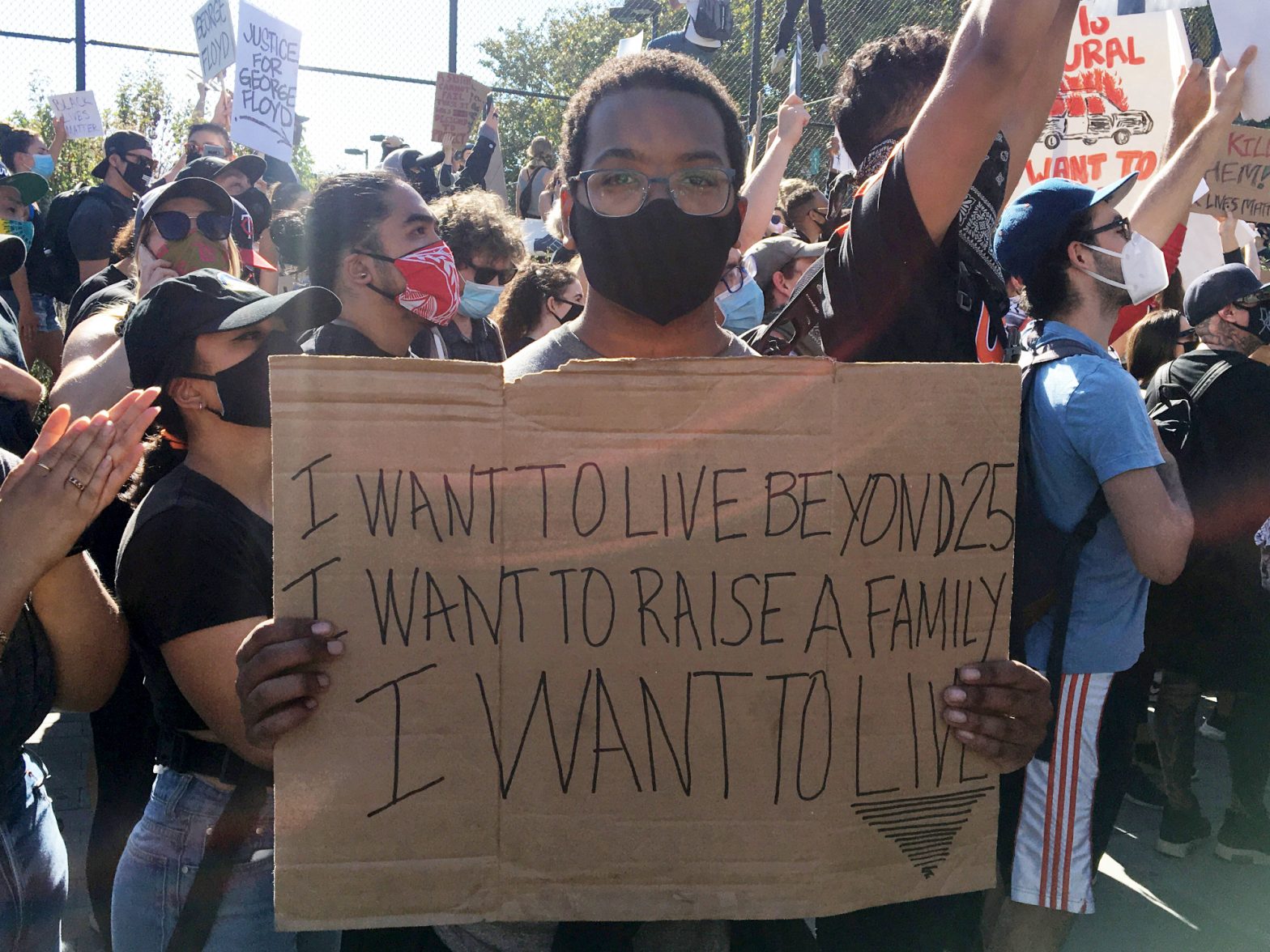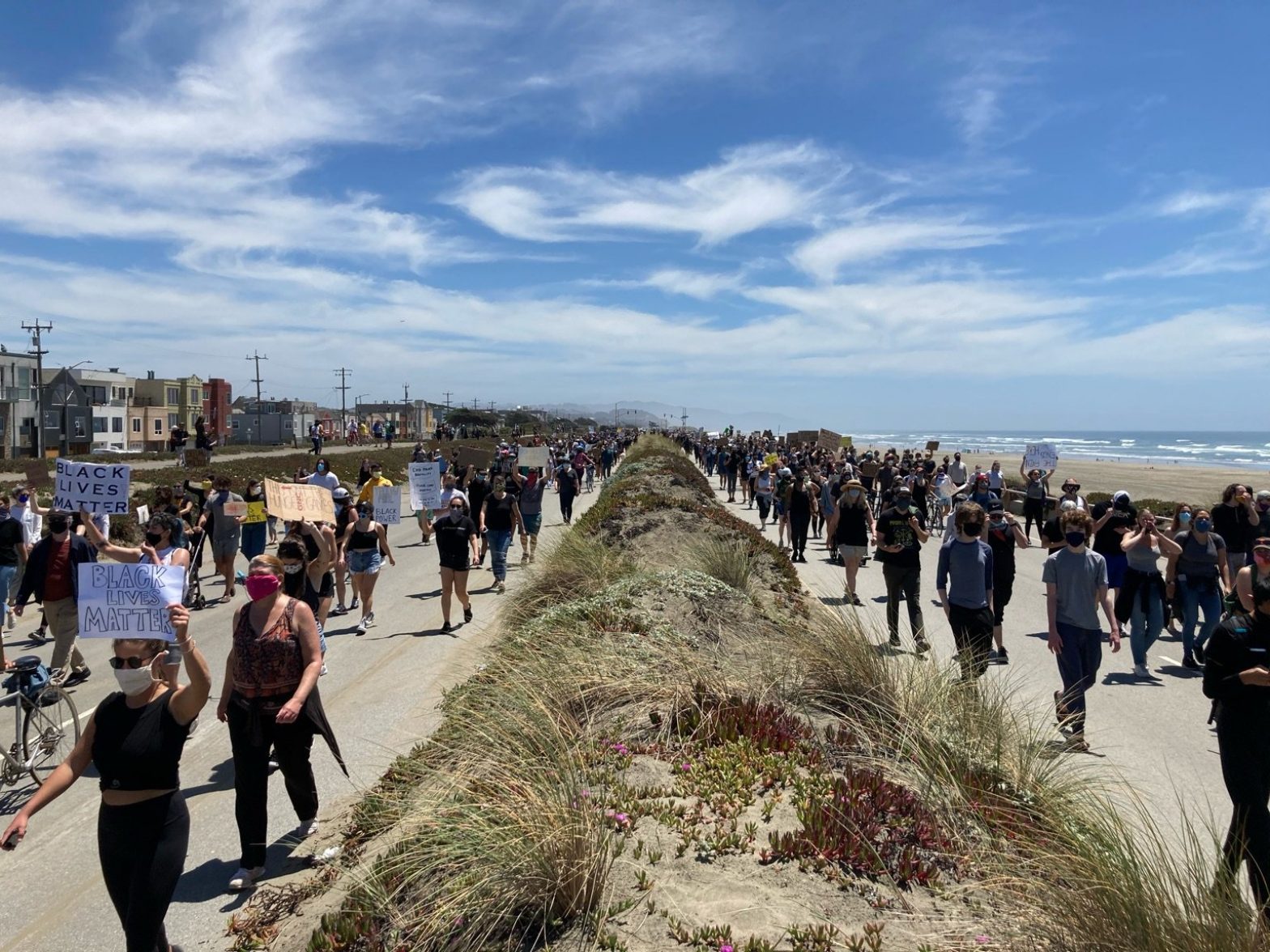Housing
Breed Extends Eviction Moratorium to Dec. 1
Mayor London Breed Tuesday gave San Francisco tenants an additional month to figure out how they will cover rent and avoid eviction, in light of economic hardships resulting from the COVID-19 pandemic. Now, the soonest landlords could legally evict for nonpayment of rent is Dec. 1. That’s a month later than the previously announced eviction moratorium was set to end. The information was initially made public in a web post from the Housing Rights Committee of San Francisco. The San Francisco Public Press received confirmation of these changes from Hugo Ramirez, a staff member at the Mayor’s office.










